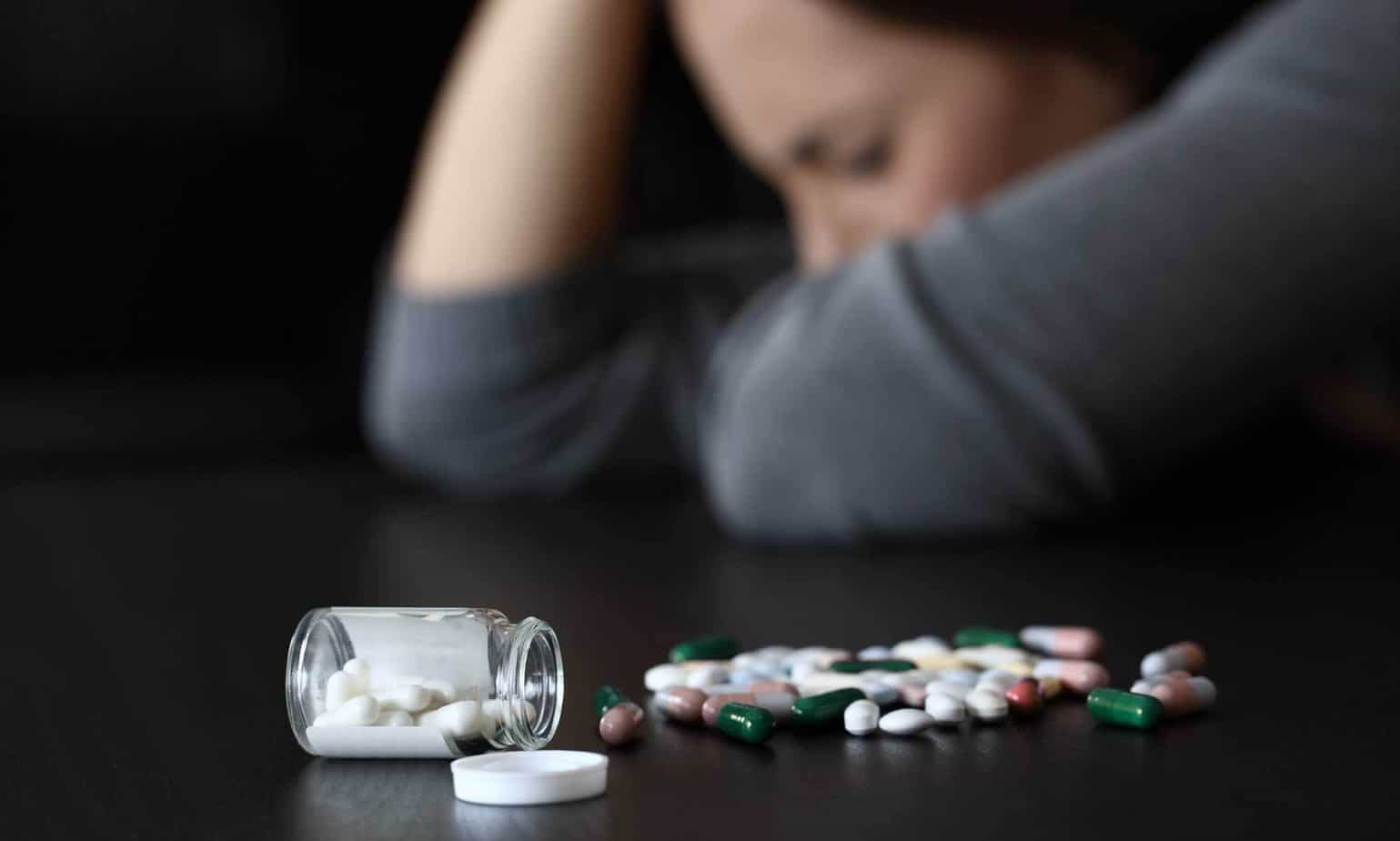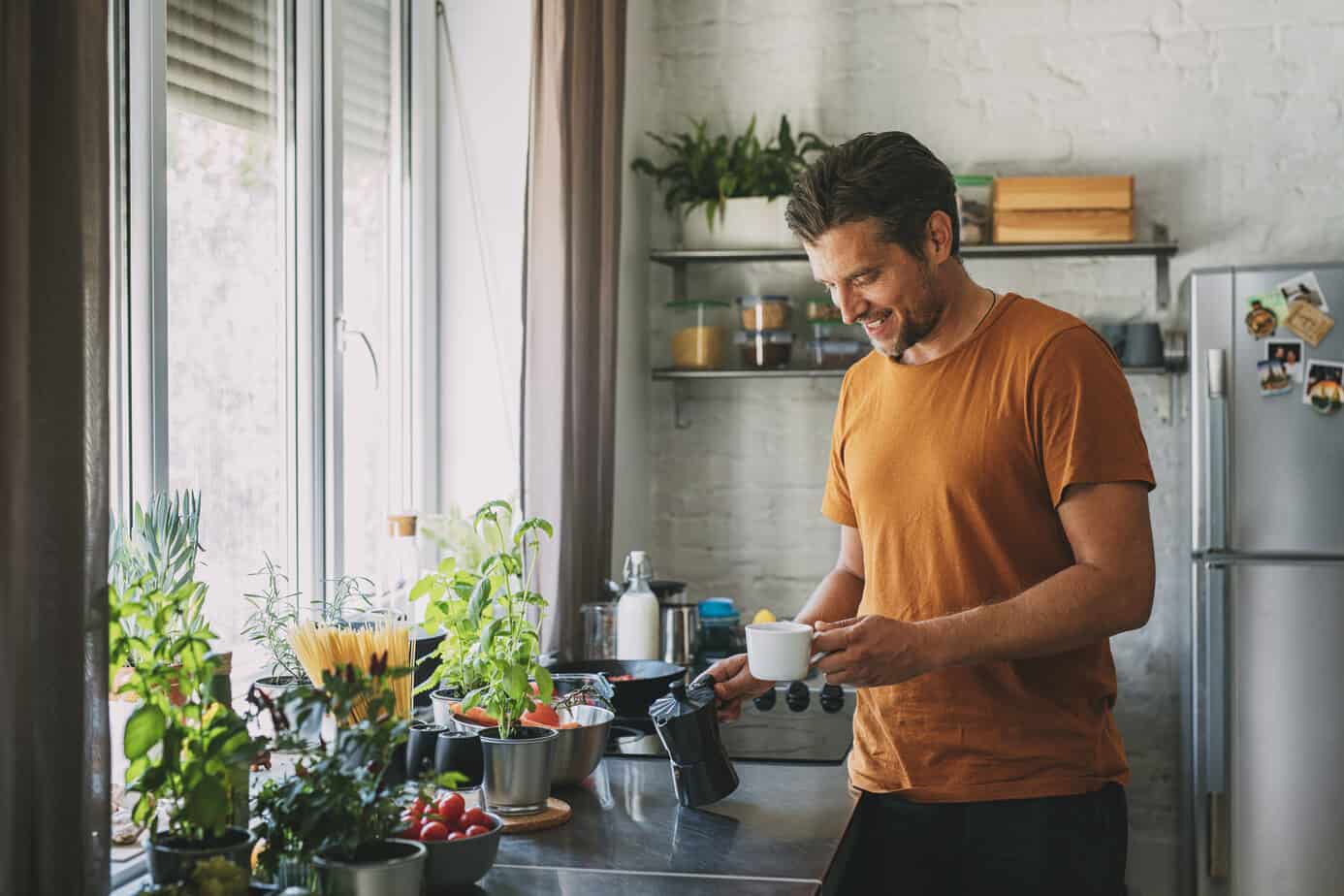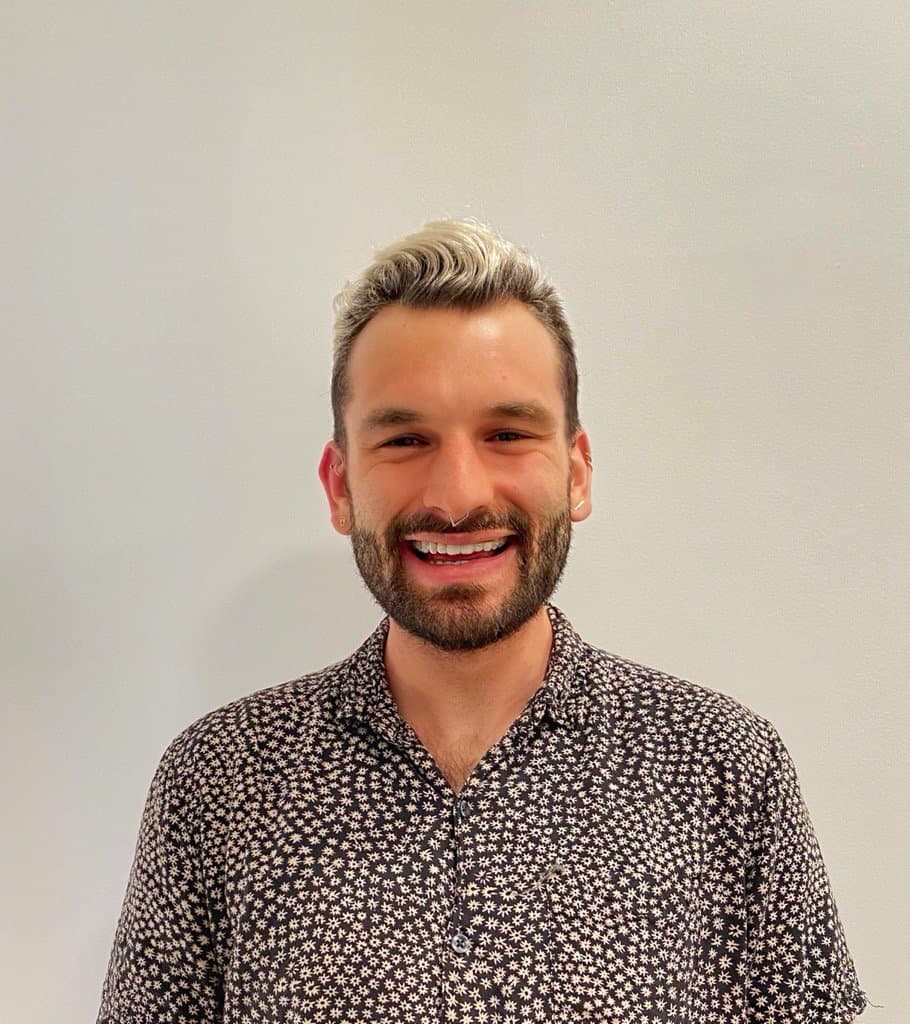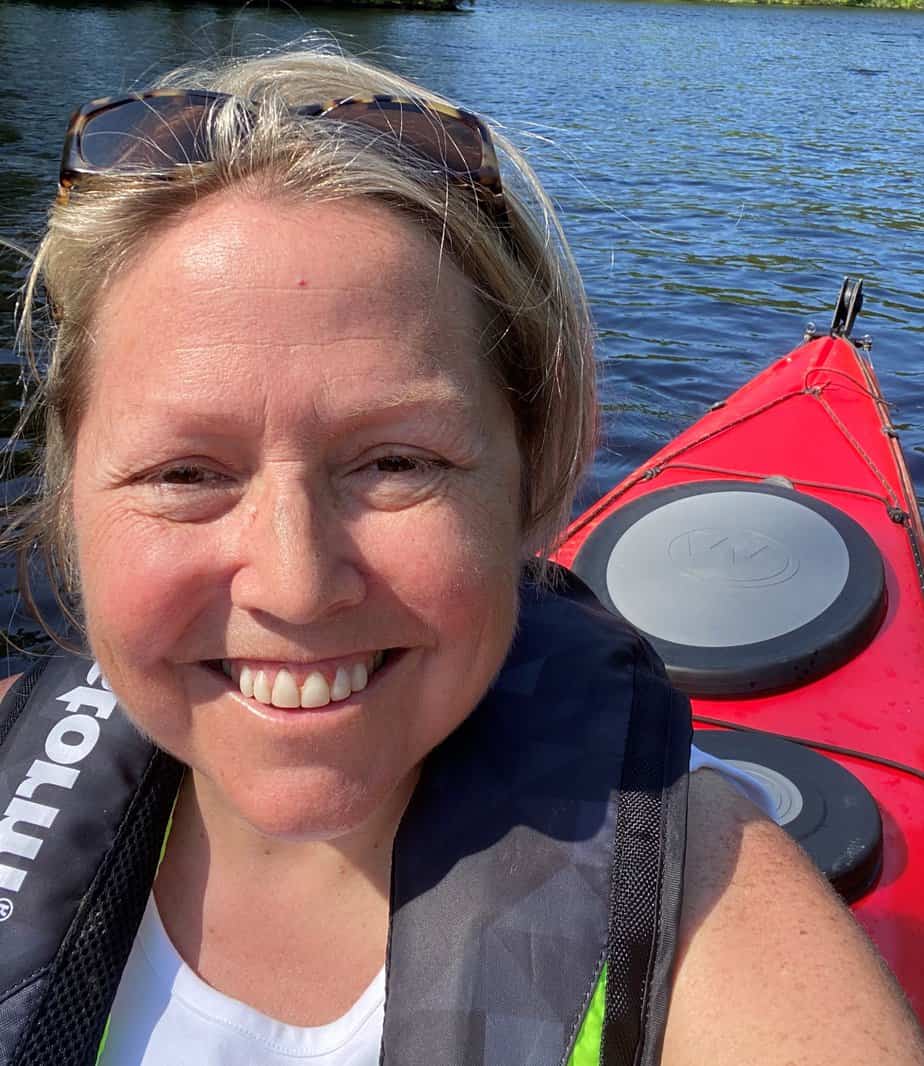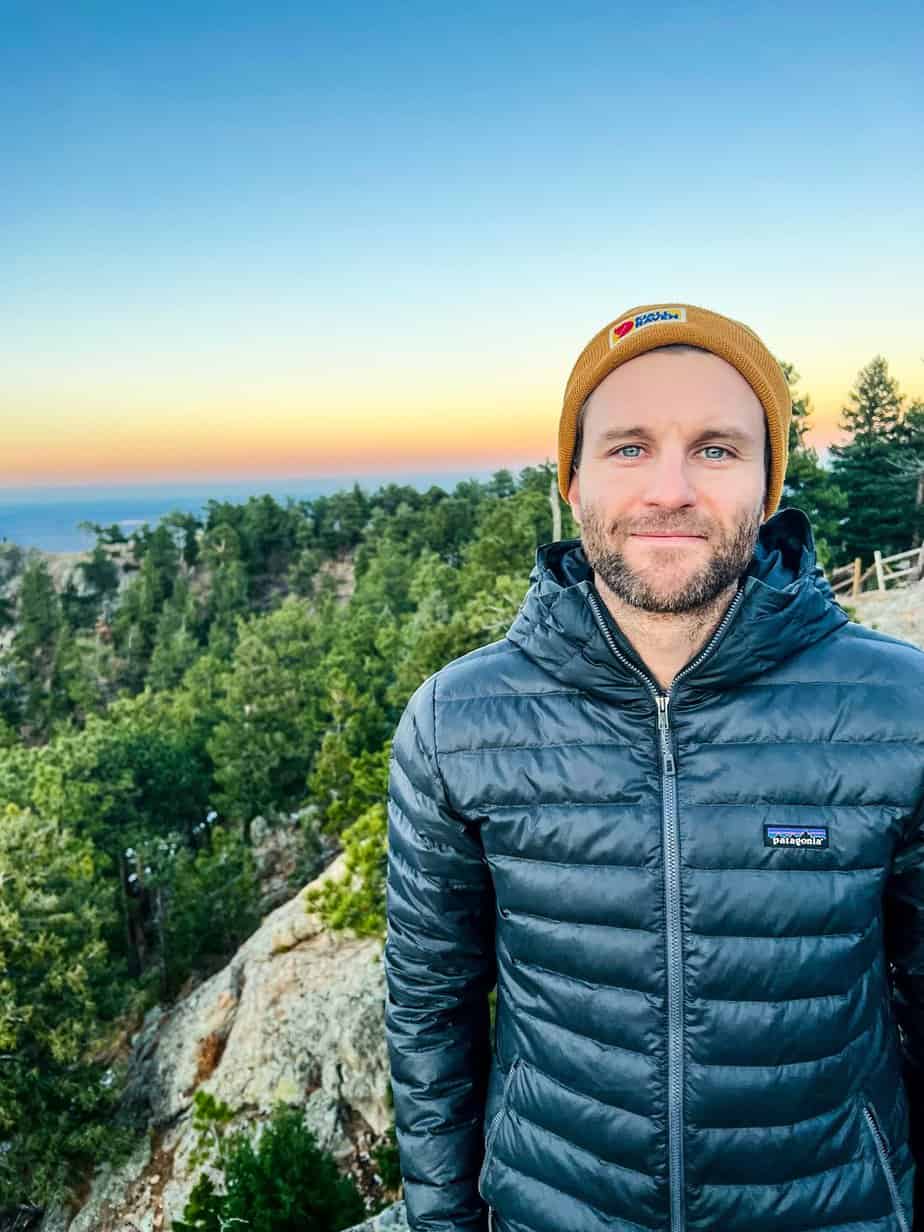- Sobriety Date: January 28, 2022
- Reliable Friend
- Sober Influencer
- Fitness Enthusiast
Amy was always interested in maintaining a healthy lifestyle and striving for good grades, but then addiction got in the way. See what happens when Amy chose to put her own life first.
Transcript
Amy was passionate about soccer, nutrition, and school but after a traumatic experience, her coping skills began to slip, leading her down a road to addiction. In her story, Amy talks about the importance of doing recovery for yourself rather than for other people.
So a little bit about me. My name is Amy. I grew up with an alcoholic father. Childhood was kind of rough in the sense, you know, just not having a lot of stability in the household on the day-to-day.
But luckily, me and my siblings were able to cope really healthily by being engaged in our academics. Also, we were engaged in sports. Soccer was a big part of my life and I guess in early childhood I really relied on athletics to get me through all the stuff that was happening at home.
My teenage years were like everyone else’s. You know, invited to parties here and there. Of course, there would be drinking. There was no drug use but drinking didn’t affect me.
I was not the type of drinker who after the first sip of alcohol, I was like, I got to have this.
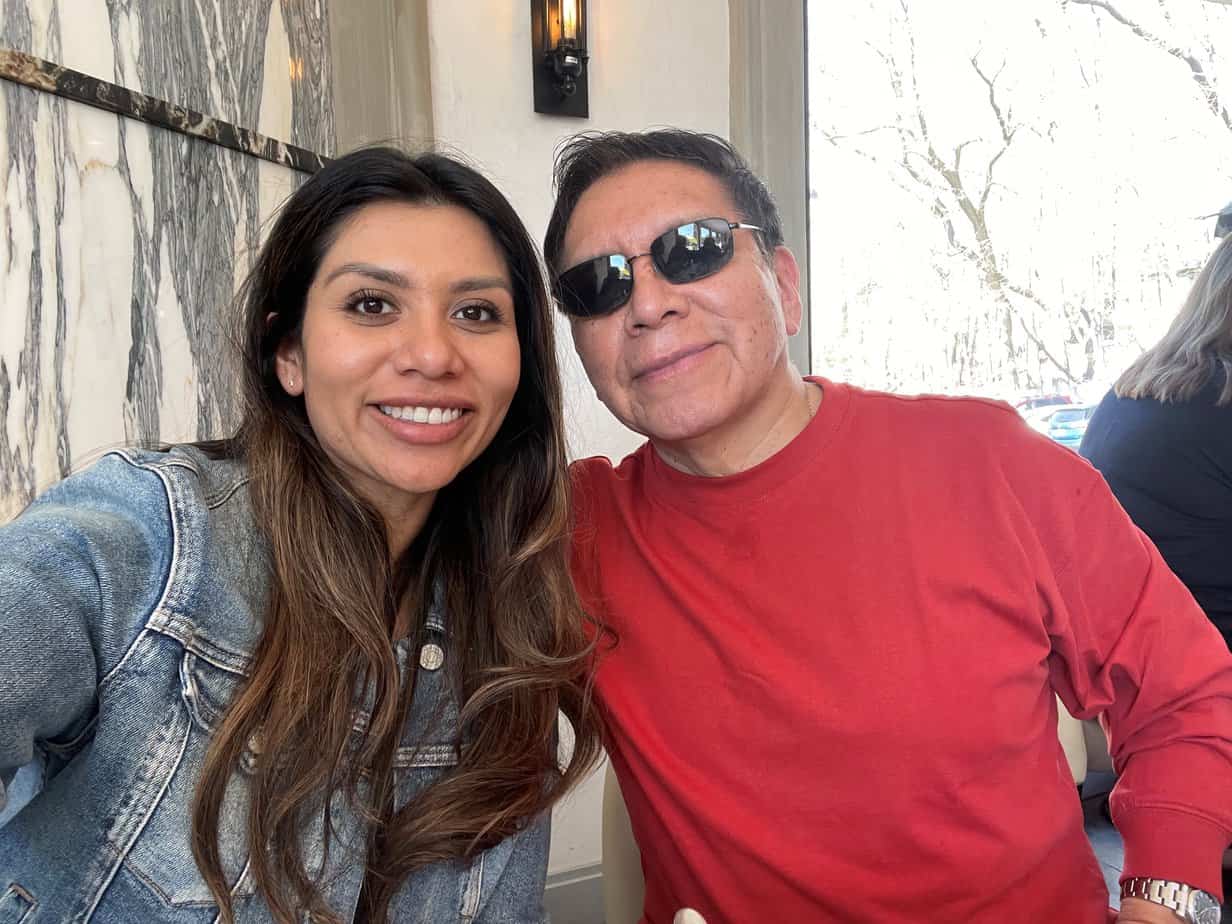 I could moderate at the time, and given my childhood background, I was very aware of what an alcoholic was. College was pretty good. I ended up graduating high school. I went to a top university and worked very rigorous again. Like my coping mechanisms were very focused on athletics, on diet, and I had a traumatic experience in college that a lot of women actually have.
I could moderate at the time, and given my childhood background, I was very aware of what an alcoholic was. College was pretty good. I ended up graduating high school. I went to a top university and worked very rigorous again. Like my coping mechanisms were very focused on athletics, on diet, and I had a traumatic experience in college that a lot of women actually have.
It was a sexual assault and that’s where things got more difficult for me just emotionally and mentally. And I guess I started slipping on my coping mechanisms here and there. There was a lot more weed smoking and I liked to party a lot more.
I was still able to graduate on time. I ended up getting a really fantastic job in advertising. I was leaving Chicago, moving to New York to start my postgrad life as a 22-year-old. And I think that’s when the drinking really started to pick up.
Not only because the ad industry has just a very alcoholic – there are a lot of happy hours. We have bars at work. We’re constantly taking clients out to client outings, functions, and games. And there’s a lot of drinking and a lot of drug use, but for me, you know, also being in the new city, I wanted to make friends.
I hung out at a lot of bars and before I knew it, I started drinking every day. I wasn’t necessarily getting drunk all the time, but that’s the thing with addiction, right?
It’s progressive. It’s happening before your eyes, and you’re not really realizing that it’s an everyday thing just yet.
By the time I was 25, I was in a pretty toxic relationship. There was a lot of drug use and a lot of normalization of alcoholism. And that’s when I started to get really sick. I became physically dependent on alcohol. The bottles kept getting bigger and bigger. And before you know it, I wanted to just spend most of my time drinking.
The relationship ended. I think a lot of people would have been kind of devastated that this relationship ended. But for me, I was happy that the biggest obstacle to my drinking was removed and now I can drink the way that I wanted to. That ended up looking like a liter of Bacardi or vodka a day at the worst part of the addiction.
Of course, my family was devastated. I went from being a soccer player All-Star, being very educated from a really high academic institution with a lot of promise, to all of a sudden drinking alone in my bedroom every day and not seeking help, not seeking support.
I moved into a new apartment one day at the end. I think it was August 2019 when I moved into a new apartment and my parents didn’t want me to do that because I would be living alone. But I told them, you know, I got this.
Like, it’s OK. I’m not going to drink. And within the first 24 hours, I was on a bender.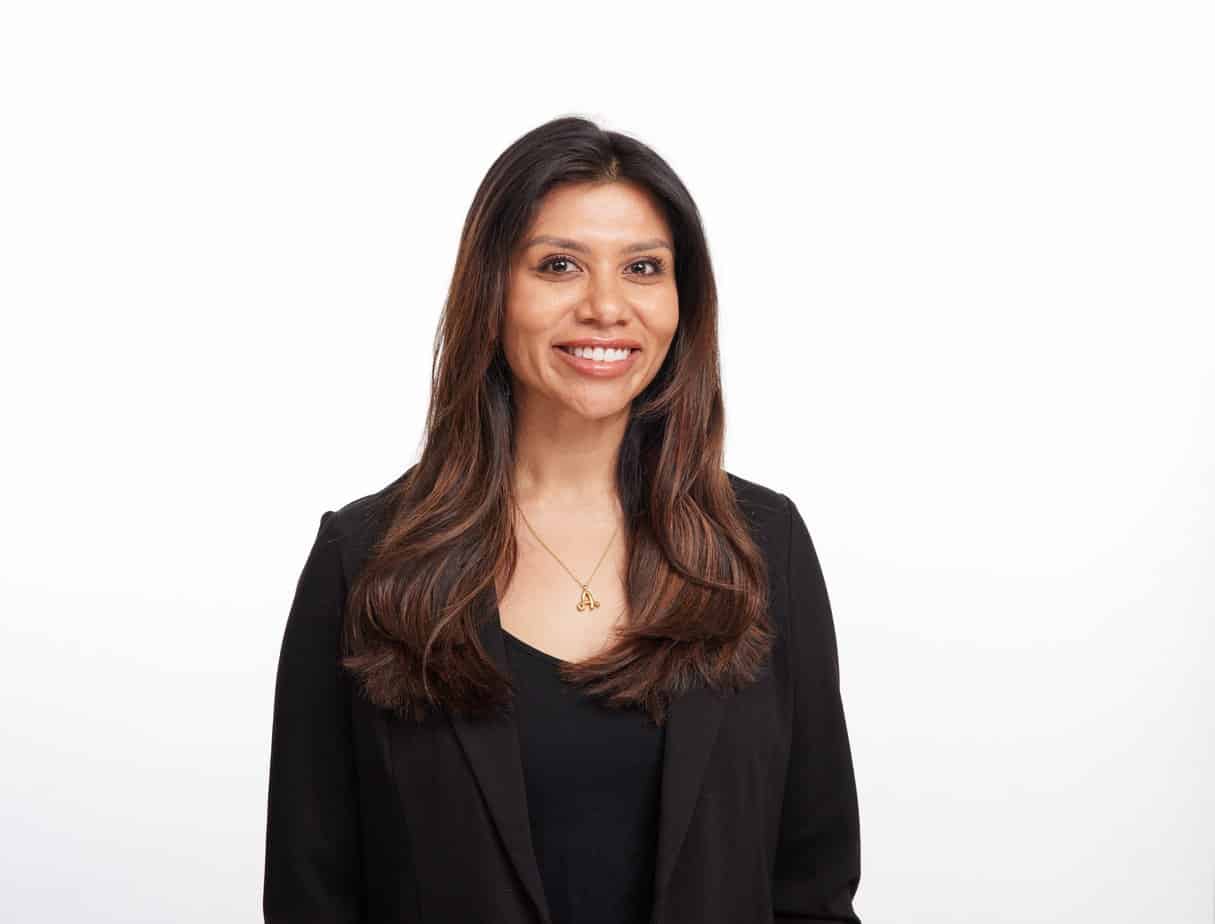
I don’t know how much I drank, but I went missing for a couple of days. I was probably drunk the whole time and my sister, mom, and dad came to the apartment with the police because they needed to get into the apartment. They didn’t know if I was alive or dead.
That night ended up changing everything because my sister started calling different places of recovery and she found Mountainside. She placed the call at 11:00 o’clock at night and she had no idea if anyone would pick up. This woman picked up who was really kind and really patient, and my sister always said that she had so much compassion in her voice.
Previous to Mountainside, I had been going to different programs of recovery, and there was a kind of a prison mentality. I think anyone that’s been in and out of detoxes and rehabs can understand that. They don’t treat you very well.
There is this stigma of addiction and you’re kind of like ashamed to be in this position. And people also shame you for having the problems that you have, which made getting to recovery harder and slowed down the process to recovery.
If people don’t have faith in you, how could you possibly be building faith in yourself?
When my sister made this call, this person answered a questionnaire for my sister. Like the family of the sufferer is also just desperate for help. People say that addiction is a family disease and I think my sister was also sick because they were just sick with anxiety. Immediately, the person on the phone helped my sister answer all the questions and they just made the process extremely easy.
When I woke up from the bender, I was very confused as to why my family was there and what was going on, and my sister said to me, Amy I packed you a bag. I called this place. It’s in Connecticut and all you have to do is just get in the car. That’s all you got to do. I remember looking at her. It wasn’t like I wanted to go, but I had obviously, you know this this is really bad.
I’m like on the floor. I’m sick. My family’s here. My father’s here. People are flying from different places across the country to be here because I’m in crisis now and I said, yeah, I’ll go.
When we drove up to Mountainside, I remember thinking like, wow, this place is really nice. Entering detox, you’re at the worst possible place of your life. I mean, you are physically dependent on a substance and you’re just really sick and hurting. I went in and you know, the intake person took me and I remember his name was Kyle.
He looked at me with a lot of compassion and said you’re going to be OK. I was like, I hope so, that’s what they keep saying.
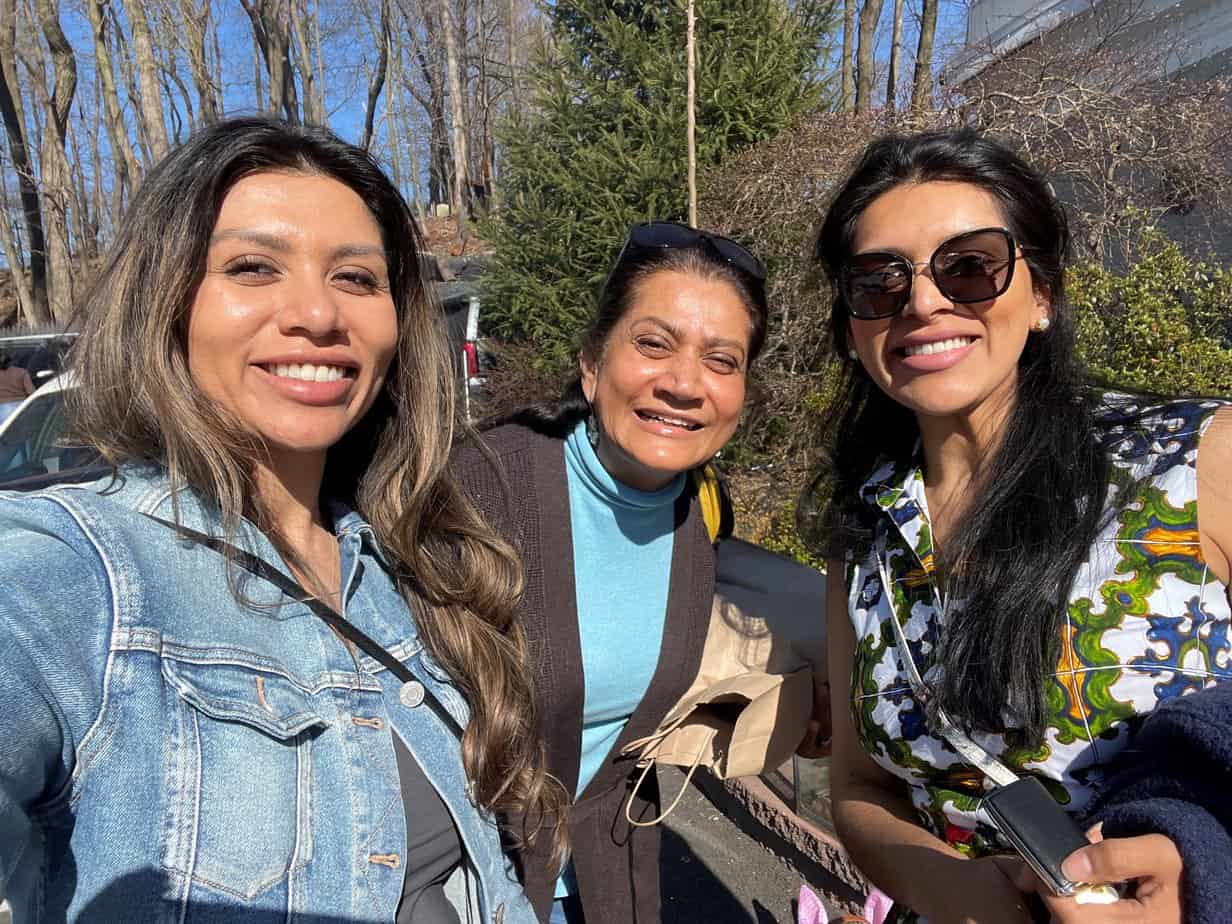 When I entered my detox room, it was like being in a hotel. The environment was just very conducive to healing. I didn’t have to worry about like being dirty or like having all these other things that I would think about before. I was able to relax and the staff was just so kind to me like I think that’s really what opened the door to me being like,
When I entered my detox room, it was like being in a hotel. The environment was just very conducive to healing. I didn’t have to worry about like being dirty or like having all these other things that I would think about before. I was able to relax and the staff was just so kind to me like I think that’s really what opened the door to me being like,
I feel safe here. I can talk about what’s bothering me. I can be honest and it seems like there’s no judgment.
When they transferred us over to residential, you know, of course, the alcoholic in my mind is like, I feel better now. I want to leave. But they ended up doing like group therapy and I spent a lot of my time doing serious recovery work. In group therapy, I was assigned a counselor at Mountainside. I was assigned a 12 stepper person. His name was Patrick.
Then I met another person named Ricky, who was also pretty integral to my recovery there. Once my 40 days were up, I left Mountainside, and I relapsed in two weeks, which was stuff they told us when I was there. They have seen this for a long time. They know what works. They know what doesn’t work.
I tried to stay sober for six months once the pandemic hit and in December 2020, I had gone on a bender that was so bad that
I really wanted to get sober this time. It was not for my family. It was completely for me.
It was Christmas Day. I called my dad and he said, “Amy if you go there, you really gotta work. You gotta put the work in.” And I was like, “I will this time, I will.” And I went back to Mountainside a second time. And, you know, there was a part of me where I thought, I’m ashamed. Like, I should have known better. I was not a first-time winner at all.
It took several attempts to get sober, more than I can count, but when I went back to Mountainside a second time, I really took hold of the programs. I listened to everything they said in group therapy. I engaged in all the discussions when we went to residential. I also followed up with my counselor.
We had a spirituality class that talks more about a higher purpose and that really connected me with my higher power. Also like the morning meditations we had morning yoga and then also the circuit training like at there would be 7:00 AM gym classes too that were kind of unofficial but like this was staff just like, hey, we’re gonna do exercise, show up.
And then, of course, the fun, the best part that everyone talks about is really the camping trip, you know, are you going to go or you’re not going to go? I was there in the summer. I was there in the winter and I did it both times.
It’s really about the relationships and the people you bond with at Mountainside.
I still talk to people that were there with me and it’s been wonderful seeing some people succeed in their recovery but some people did pass away. This is absolutely a real issue.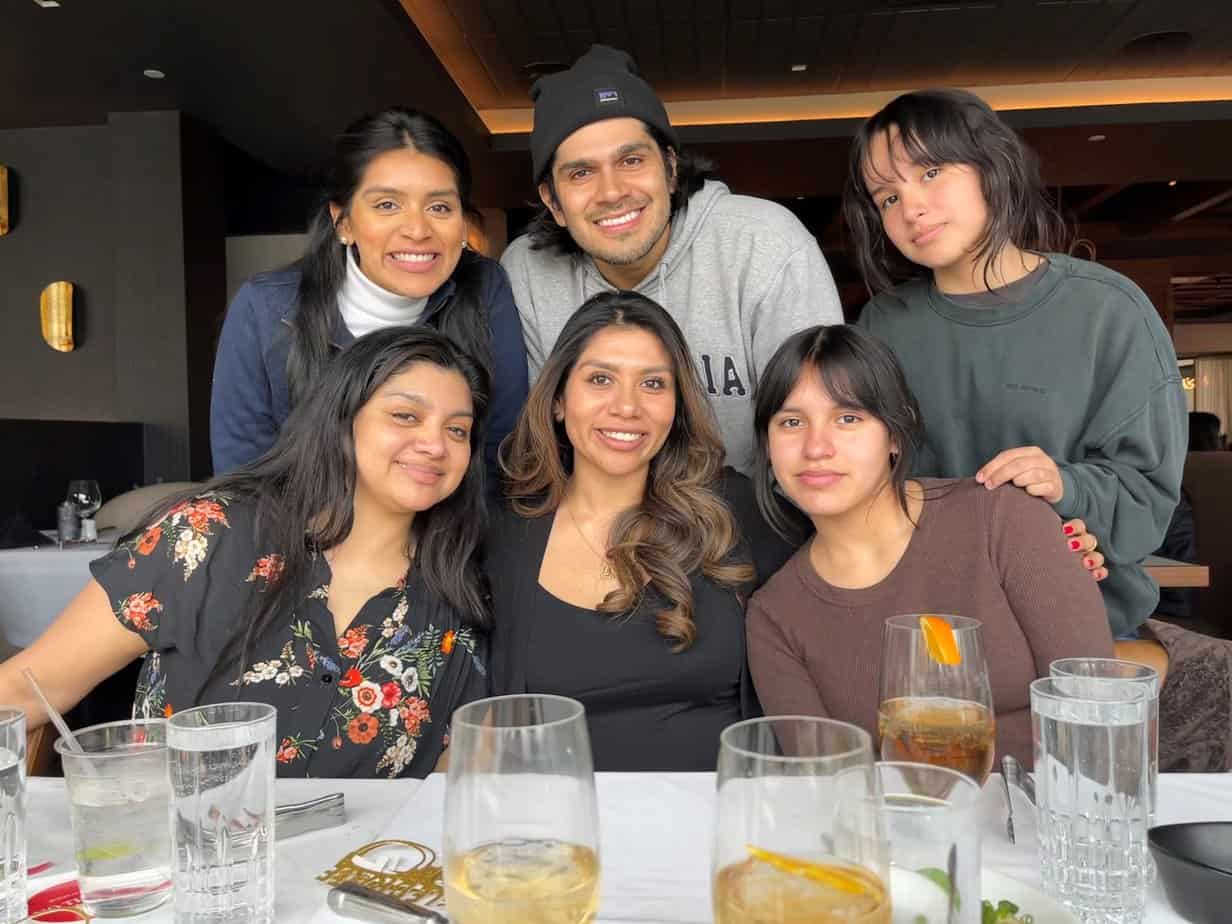
Right after I left Mountainside, they sent me home knowing what my relapse triggers were. That was the point of all the group therapy. It was to learn more about yourself and then secondly, they also checked in on you.
We had these alumni meetings and I went to them. And I also loved that they were like in Westchester. They were in Connecticut, they were in New York. Like I’m in New York. So that’s when the Chelsea Center opened and I went to check it out and it felt like it didn’t just stop at Mountainside. You don’t have to be in rehab to stay connected with Mountainside.
I am connected with Mountainside all the time on social media, sharing my story and doing the alumni events. We went to get pizza. We went to get dinner. There was a show at Madison Square Garden that I went to, and I’m learning more about people that have just come out of the program or people that are just now entering. So there are still so many ways to stay involved.
One thing that I learned at Mountainside was that you need to stay connected to people that are in recovery and people that are sober. I didn’t have sober friends or a sober network before I went there and now I do in recovery. What I was able to do was I ended up getting a better job. I got a promotion, I doubled my income in a year and you know I had gained 80 pounds in active alcohol use and I was able to lose it. In addition to that, all of the relationships that I thought were truly broken were not.
I got all my friends back. All my family back. Before I wasn’t invited to places, but now I’m invited to places all the time. The life I have now is way better than the life I had before.
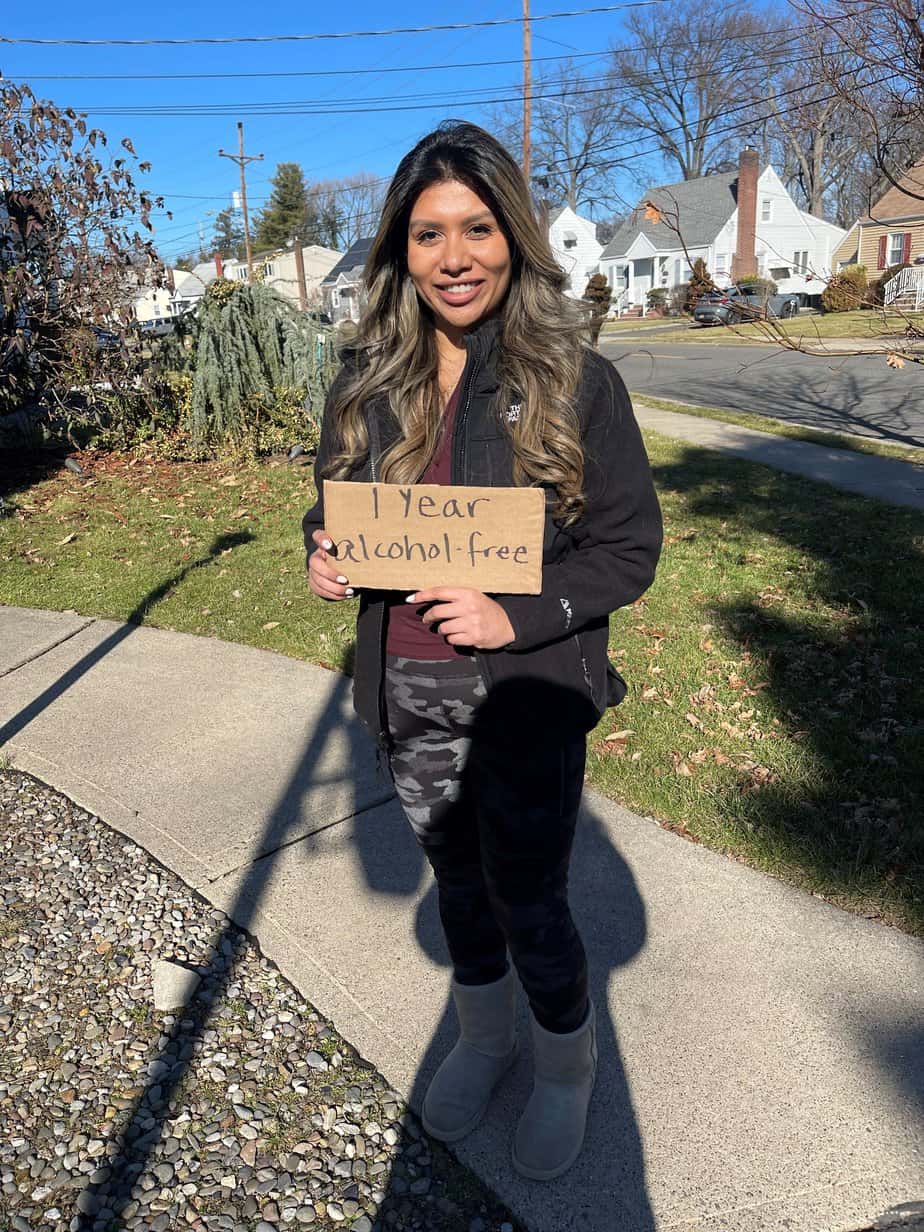 And for that, I’m just so grateful. I’m grateful to Mountainside, and I’m grateful to AA because, without these two huge components, I couldn’t really get back on my feet and then become the best version of myself. I just moved into a new apartment, I have two dogs that I love. I got back into sports. I’m exercising all the time. I’m making new friends. My career is going really well. I truly am living the best life that I could ever have.
And for that, I’m just so grateful. I’m grateful to Mountainside, and I’m grateful to AA because, without these two huge components, I couldn’t really get back on my feet and then become the best version of myself. I just moved into a new apartment, I have two dogs that I love. I got back into sports. I’m exercising all the time. I’m making new friends. My career is going really well. I truly am living the best life that I could ever have.
Even when you’re in active addiction, and you truly have no hope, You think that that couldn’t be possible for you and it absolutely can. It just doesn’t happen immediately. It happens one day at a time. At Mountainside, Thuan held a lot of the meditation classes and he said if you take care of the seconds, the years take care of themselves and that is something he said to me that I think about probably on a daily basis because I know that all the work that I do, even in the hard times, like it’s not going to happen right away.
Want to be featured? If you are a Mountainside alumni interested in sharing your recovery story with us, please email kevin.doyle@mountainside.com
If you or a loved one is struggling with addiction, Mountainside can help.
Click here or call (888) 833-4676 to speak with one of our addiction treatment experts.

 By
By 


